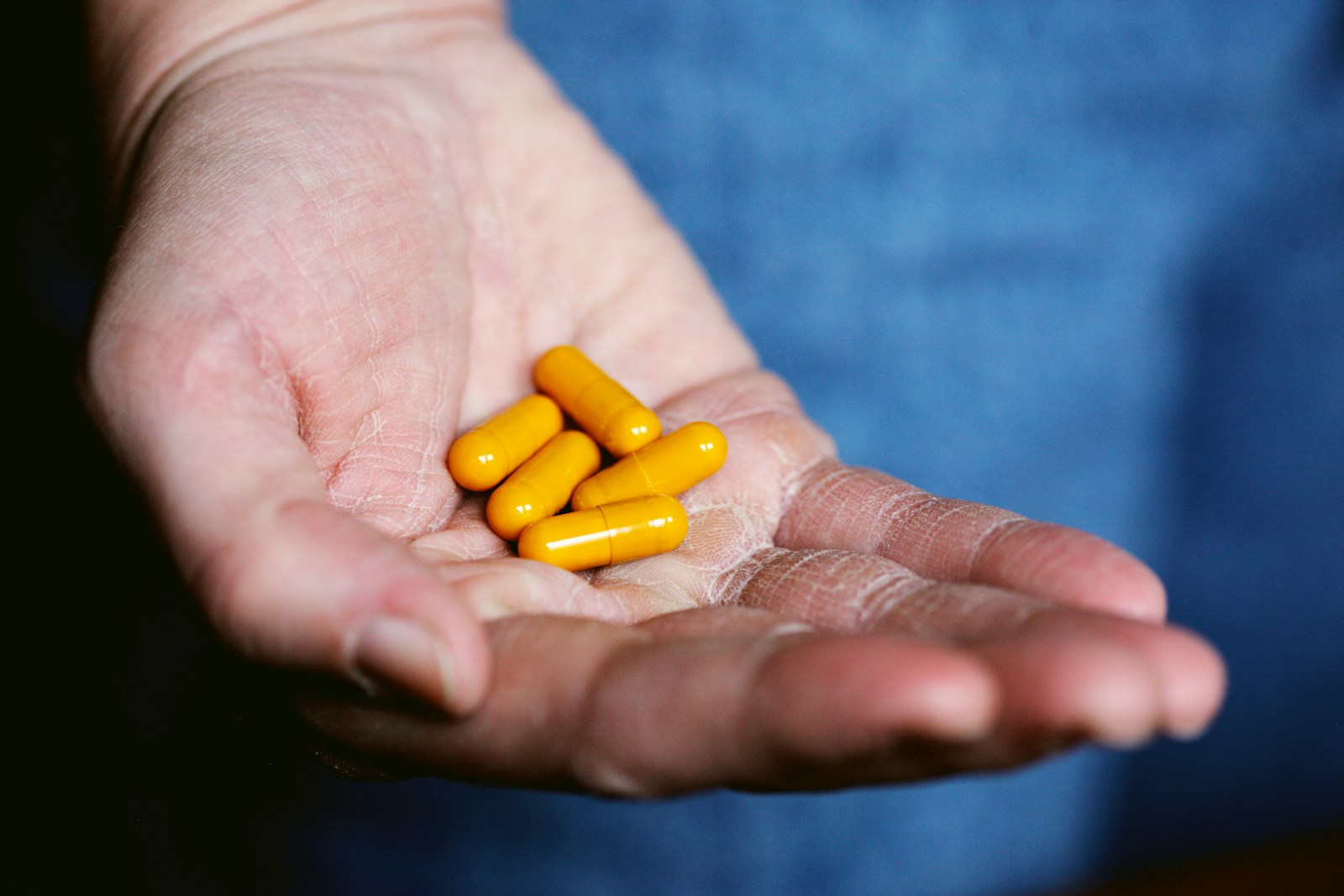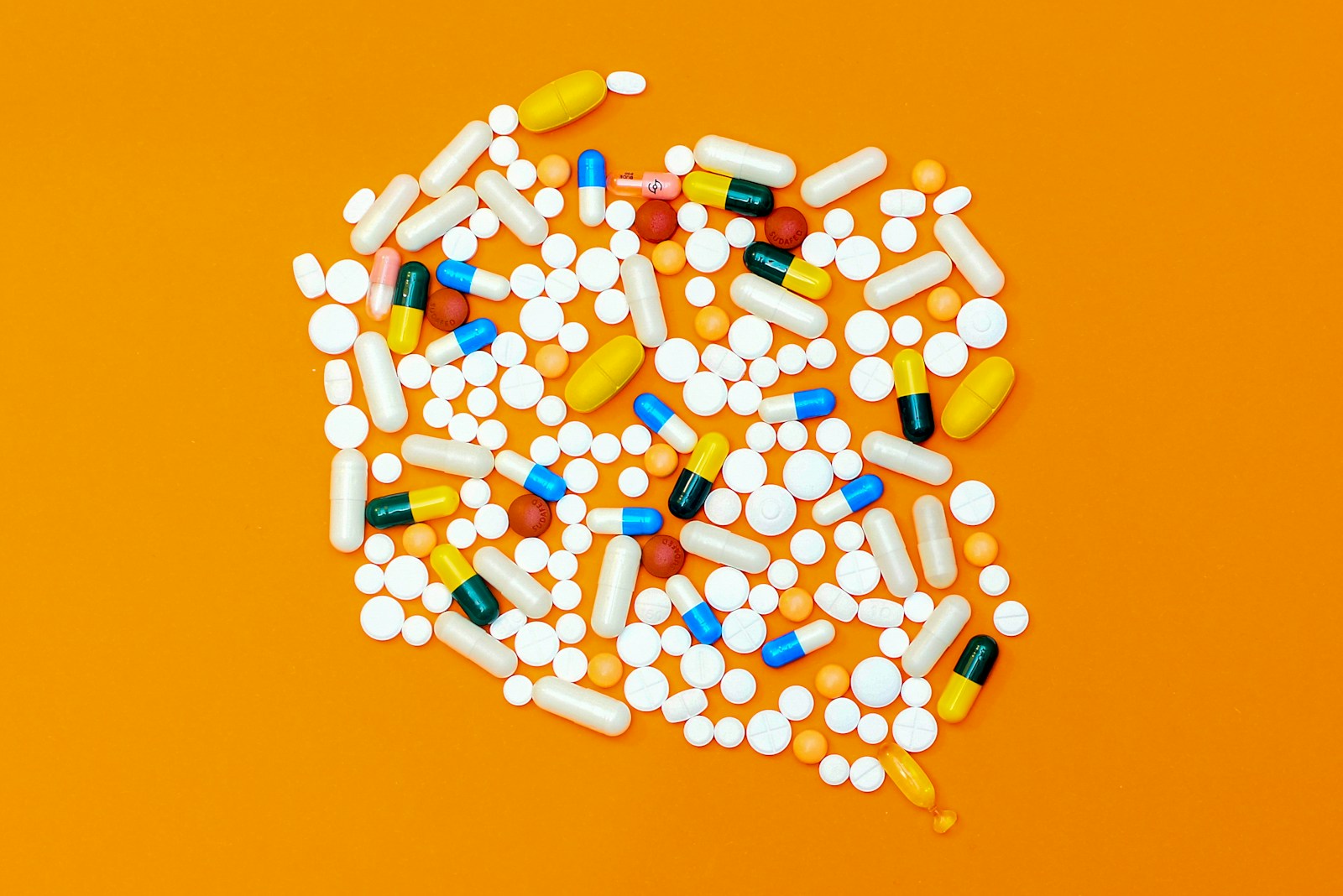Introduction
The intersection of attention-deficit/hyperactivity disorder (ADHD) and substance use disorders (SUDs) presents unique challenges in addiction treatment. Approximately 20-25% of individuals seeking treatment for substance use disorders meet diagnostic criteria for ADHD—a rate significantly higher than the 4-5% prevalence in the general adult population. This co-occurrence creates complex clinical considerations: untreated ADHD can undermine addiction recovery efforts, yet the medications most effective for ADHD treatment carry their own risks for patients with substance use histories. This analysis explores the evidence-based approaches to managing this therapeutic dilemma, examining both the substantial benefits of properly treated ADHD in recovery and the legitimate concerns regarding medication misuse.
The ADHD-Addiction Connection: Understanding the Relationship
The relationship between ADHD and substance use disorders is bidirectional and multifaceted:
Prevalence and Risk
- Research from the National Epidemiologic Survey on Alcohol and Related Conditions (NESARC) demonstrates that adults with ADHD are 2-3 times more likely to develop substance use disorders compared to those without ADHD.
- A 2021 meta-analysis in the Journal of Attention Disorders examining 37 studies found that untreated ADHD was associated with:
- Earlier onset of substance use (average 3 years earlier)
- More rapid progression from initial use to dependence
- Higher rates of polysubstance use
- Poorer treatment outcomes and higher relapse rates
- Longitudinal research published in JAMA Psychiatry following 15,000 individuals from childhood to adulthood found that those with untreated ADHD had a 58% higher lifetime risk of developing a substance use disorder compared to those receiving appropriate ADHD treatment.
Neurobiological Mechanisms
The connection between these conditions appears rooted in shared neurobiological vulnerabilities:
- Dopamine Dysregulation: Both ADHD and addiction involve alterations in dopaminergic reward pathways, with evidence suggesting hypoactivation of these systems in individuals with ADHD may drive reward-seeking behaviors.
- Executive Function Deficits: Impairments in inhibitory control, decision-making, and delayed gratification associated with ADHD directly impact the ability to resist substance use impulses.
- Genetic Overlap: Twin and family studies indicate shared genetic factors, with approximately 35-40% genetic overlap between ADHD vulnerability and susceptibility to substance use disorders.
Benefits of ADHD Treatment During Addiction Recovery
Research increasingly demonstrates that properly treating ADHD can significantly enhance addiction treatment outcomes:
Improved Treatment Retention
- A 2020 study in the American Journal of Psychiatry following 3,250 patients in addiction treatment found that those receiving concurrent ADHD treatment had 72% higher treatment completion rates compared to those with untreated ADHD.
- Research from the Yale Program for Recovery and Community Health showed that integrated treatment addressing both ADHD and substance use disorders increased average treatment duration from 93 days to 218 days.
Enhanced Cognitive Function
Treating ADHD during recovery addresses core executive function deficits that otherwise undermine recovery efforts:
- Improved Impulse Control: A 2022 study in Addiction Science & Clinical Practice demonstrated that appropriate ADHD medication improved performance on go/no-go tasks by 37% in patients with co-occurring ADHD and SUDs.
- Enhanced Working Memory: Research in the Journal of Clinical Psychiatry found that treating ADHD during early recovery was associated with a 28% improvement in working memory function, correlated with better retention of therapeutic concepts.
- Better Emotional Regulation: A controlled trial published in Neuropsychopharmacology documented significant improvements in emotional dysregulation among patients receiving ADHD treatment during recovery, a factor strongly associated with relapse prevention.
Reduced Self-Medication
- The National ADHD-SUD Registry Study (2023) found that individuals with properly treated ADHD were 62% less likely to report using substances to manage attentional difficulties, irritability, or restlessness.
- A 5-year follow-up study published in Drug and Alcohol Dependence demonstrated that patients receiving appropriate ADHD treatment had substantially lower rates of illicit stimulant use for self-medication purposes.
Improved Quality of Life
- Research from the University of Pennsylvania Addiction Treatment Programs demonstrated that individuals receiving integrated treatment for both ADHD and SUDs showed greater improvements in:
- Occupational functioning (56% vs. 32% employment at 12 months)
- Educational attainment (38% vs. 17% continuing education)
- Interpersonal relationship stability (47% reduction in relationship conflicts)
- Financial stability (63% reduction in financial crises)
Medication Options and Considerations
Several medication options exist for treating ADHD in recovery contexts, each with unique considerations:
Stimulant Medications
First-Line Options:
- Extended-Release Formulations:
- Methylphenidate ER (Concerta, Ritalin LA)
- Mixed Amphetamine Salts XR (Adderall XR)
- Lisdexamfetamine (Vyvanse)
These formulations have slower onset of action, more gradual dopamine release, and lower abuse potential compared to immediate-release alternatives.
Research Evidence:
- A 2021 study in the Journal of Clinical Psychiatry involving 1,640 patients with co-occurring ADHD and SUDs found that extended-release stimulants provided superior symptom control compared to non-stimulant alternatives, with 67% of patients achieving clinically significant symptom reduction.
- The ICASA study (International Collaboration on ADHD and Substance Abuse) demonstrated that patients in stable recovery receiving extended-release stimulants had no higher rates of substance use relapse compared to those receiving non-stimulant medications.
Non-Stimulant Alternatives
Options:
- Atomoxetine (Strattera): Selective norepinephrine reuptake inhibitor
- Guanfacine XR (Intuniv): Alpha-2A adrenergic receptor agonist
- Bupropion (Wellbutrin): Norepinephrine-dopamine reuptake inhibitor (off-label)
Research Evidence:
- A 2022 comparative effectiveness study in the American Journal of Addiction found that atomoxetine produced moderate improvements in ADHD symptoms (effect size 0.38) with minimal abuse potential and no impact on recovery status.
- Research published in CNS Drugs demonstrated that guanfacine XR was particularly effective for hyperactivity and impulsivity symptoms, though less effective for attentional deficits compared to stimulant alternatives.
Risk Assessment and Mitigation Strategies
Legitimate concerns exist regarding stimulant medications in addiction treatment contexts. Evidence-based approaches can help mitigate these risks:
Risk Factors for Medication Misuse
Research has identified several factors associated with increased risk of ADHD medication misuse:
- History of stimulant or cocaine use disorder specifically (compared to other substance use disorders)
- Current active substance use
- History of medication diversion
- Antisocial personality features
- Unstable living situation or high-risk environment
- Limited recovery support network
Clinical Safeguards
Several evidence-based strategies can reduce risk while preserving treatment benefits:
- Structured Monitoring Protocols:
- The Massachusetts General Hospital protocol, validated in multiple studies, includes random urine drug screening, pill counts, and regular assessment of prescribed medication use.
- Research in the Journal of Attention Disorders found that implementation of such protocols reduced medication misuse from 18.5% to 2.9%.
- Formulation Selection:
- A 2023 study in Current Psychiatry Reports demonstrated that extended-release and prodrug formulations (e.g., lisdexamfetamine) had significantly lower rates of misuse and diversion compared to immediate-release alternatives.
- Lisdexamfetamine specifically must be metabolized in the GI tract to become active, making alternative routes of administration ineffective.
- Integrated Treatment Models:
- Research published in the Journal of Substance Abuse Treatment found that integrating ADHD treatment within addiction treatment programs rather than through separate providers reduced medication misuse by 47%.
- Coordinated care models including addiction counselors in medication monitoring improved detection of early warning signs of misuse or relapse.
- Contingency Management:
- A controlled trial published in Experimental and Clinical Psychopharmacology demonstrated that incorporating contingency management approaches reduced non-prescribed medication use by 72% compared to treatment as usual.
- Motivational Monitoring:
- The “Checking Up on ADHD” monitoring system, which incorporates motivational interviewing principles, has shown efficacy in reducing medication misuse while preserving therapeutic alliance.
Special Populations and Considerations
Early Recovery
Research provides guidance for managing ADHD during early recovery:
- A 2022 consensus statement from the American Academy of Addiction Psychiatry recommends:
- Initiating non-stimulant medications during active use or early recovery when feasible
- Considering stimulant medications after 1-3 months of demonstrated abstinence
- Beginning with extended-release formulations at lower doses with gradual titration
- More frequent monitoring during the first 6 months of combined treatment
Co-occurring Mental Health Conditions
The presence of additional psychiatric conditions influences treatment approaches:
- Depression: Bupropion may provide dual benefits for both ADHD and depression symptoms
- Anxiety: Guanfacine shows particular benefit for patients with comorbid anxiety disorders
- Bipolar Disorder: Requires mood stabilization prior to ADHD treatment, with careful monitoring for stimulant-induced mood acceleration
Recovery Community Considerations
Treatment decisions must account for recovery context:
- Some 12-step and recovery communities may view prescribed stimulants negatively
- Peer support from others with similar experiences can be valuable
- Organization-specific support groups like “Double Trouble in Recovery” specifically address dual diagnosis concerns
Patient-Centered Decision Making
The most effective approach involves collaborative decision-making:
- Benefits vs. Risks Assessment: Formal tools like the ADHD Benefits/Risks Assessment for Addiction Patients can structure this evaluation
- Informed Consent: Documentation of potential risks, alternatives, and monitoring requirements
- Treatment Agreements: Clear expectations regarding pharmacy use, medication storage, and monitoring adherence
- Regular Reassessment: Scheduled evaluation of continued need, benefit, and adherence
Conclusion
The evidence clearly demonstrates that properly treated ADHD significantly enhances addiction recovery outcomes across multiple domains. The traditional concerns regarding stimulant medications in recovery contexts, while legitimate, can be effectively addressed through thoughtful clinical protocols, appropriate medication selection, and integrated treatment approaches.
Best practices suggest individualized assessment of both ADHD symptom impact and substance use vulnerability, followed by selection of treatment options that balance effectiveness with safety considerations. For many patients, the benefits of appropriately prescribed and monitored ADHD medication—including improved treatment retention, enhanced cognitive function, reduced self-medication behavior, and better quality of life—substantially outweigh the potential risks.
Recovery requires addressing all factors that undermine stability and wellbeing. For the significant portion of individuals with co-occurring ADHD and substance use disorders, comprehensive treatment that addresses both conditions represents the most evidence-based path toward sustained recovery and improved quality of life.





